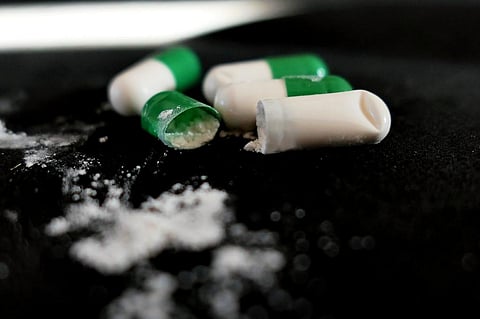The problem for biosimilars
Five years ago, we had predicted that regulatory battles between generic drug manufacturers of biosimilars and originator companies would prove to be tougher and dirtier than the patent battles witnessed in the past. And so it has come to pass.
A biosimilar is a biologic medical product very similar to an approved biological medicine. Unlike generic versions of chemically synthesised drugs, biosimilars are approved according to the same standards of pharmaceutical quality, safety and efficacy that apply to all biological medicines. The makers have to conduct their own clinical trials because of the complexity of biologics which use living cells to produce the core molecule, the innovator product. And that, too, has inherent variability in each lot.
In September, Reliance Life Sciences (RLS) finally won its case against Roche, four years after the multinational filed a suit in the Delhi High Court restraining it from marketing their products as equivalent to their top selling biologic trastuzumab, which is used to treat a particularly virulent kind of breast cancer. Sold under the brand name Herceptin, it had last raked in nearly $7 billion in global sales annually for Roche.
In India, it had earned R130 crore some five years ago. The RLS case, instituted in 2015 soon after a similar high-profile case against Biocon-Mylan, which was set to become the world’s first biosimilar for trastuzumab, was won in appeal (filed in 2016) against a bizarre order passed by Justice Manmohan Singh that the manufacturer could not refer to the original drug in any way.
That drug majors will stoop to any level to fight competition from companies offering a much cheaper version of their drugs is well known. Since it did not have a valid patent for trastuzumab in India, its case against these firms was centred on their alleged “passing off” of their biosimilars as the original. It was telling that the judges hearing the RLS appeal noted that the appellant’s claim that the Roche suit was “actuated by malice — with the object of stifling competition — needs serious consideration”. Not that Roche is targeting just Indian companies.
In 2018 it sued Pfizer, a fellow pharma giant, for patent infringement, soon after the latter applied for regulatory approval of its trastuzumab biosimilar. Roche claimed that Pfizer had infringed 40 of its patents on the drug. This is the biggest sticking point for makers of similar biologics. Legal experts in the US have warned of the biosimilar patent dance, which they say is “a convoluted and often uncertain process” by which the patent issues are resolved before the launch of a biosimilar.
Manufacturers of generics have Food and Drug Administrations’s (FDA’s) Orange Book of patent and data exclusivity in the US whereas firms making biosimilars do not have such a record. The FDA’s Purple Book lists biological products, including biosimilars, and the date of licensing but does not list the patents. If a Bill to set right the lacuna is passed by the US Senate, the FDA would be obliged to list the patents for biologics in the Purple Book. Till then, there will be few launches of biosimilars.
This was first published in Down To Earth's print edition (dated 16-30 November, 2019)


